- Home›
- Healthy Living›
- 10 Natural Ways To Keep Your Kidneys Healthy
10 Natural Ways To Keep Your Kidneys Healthy
By: Priyanka Maheshwari Sat, 24 Feb 2024 10:26:46
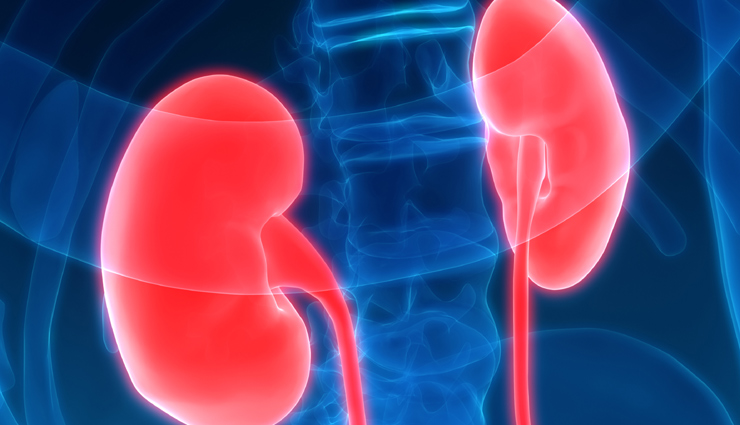
Your kidneys are vital for sustaining your overall health, playing a central role in the body's daily functions and well-being. It's essential to maintain kidney health, as approximately 10 percent of the global population is impacted by chronic kidney disease (CKD), with millions succumbing to it annually.
Experts emphasize that cultivating kidney-friendly habits is paramount for promoting optimal kidney health.
The kidneys are indispensable organs that serve as the body's natural filtration system, playing a crucial role in maintaining overall health and well-being. These bean-shaped organs, nestled in the lower back, perform a myriad of essential functions, including filtering waste and excess fluids from the blood, regulating blood pressure, producing hormones, and balancing electrolytes. Ensuring the health and proper functioning of the kidneys is paramount, as they are vulnerable to various diseases and conditions that can significantly impact overall health. In light of the prevalence of kidney-related ailments globally, adopting habits conducive to kidney health is increasingly recognized as essential by healthcare professionals and experts. In this regard, fostering kidney-friendly habits is not only beneficial for the kidneys themselves but also for the holistic health and longevity of individuals.
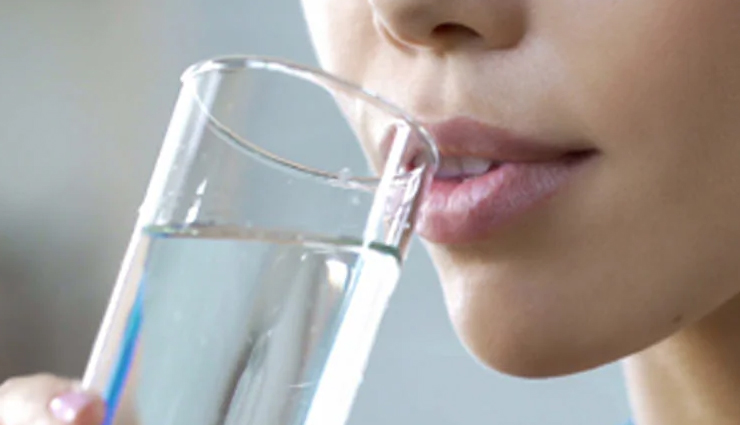
# Stay Hydrated: Drink plenty of water throughout the day to help flush out toxins and prevent kidney stones. Aim for about 8-10 glasses of water daily, but individual needs may vary based on factors like activity level and climate.
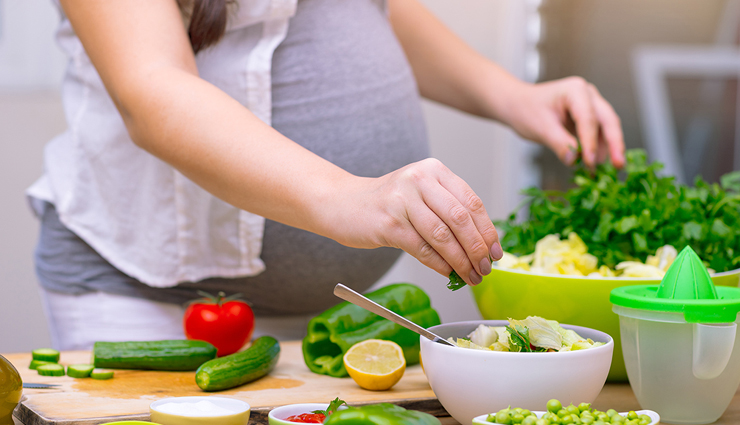
# Balanced Diet: Maintain a diet rich in fruits, vegetables, whole grains, and lean proteins. Limit intake of processed foods, high-sodium foods, sugary beverages, and excessive amounts of red meat, as they can strain the kidneys.

# Control Blood Sugar Levels: Keep your blood sugar levels in check, especially if you have diabetes. High blood sugar can damage the kidneys over time. Follow your healthcare provider's recommendations for managing diabetes through diet, exercise, and medication as necessary.
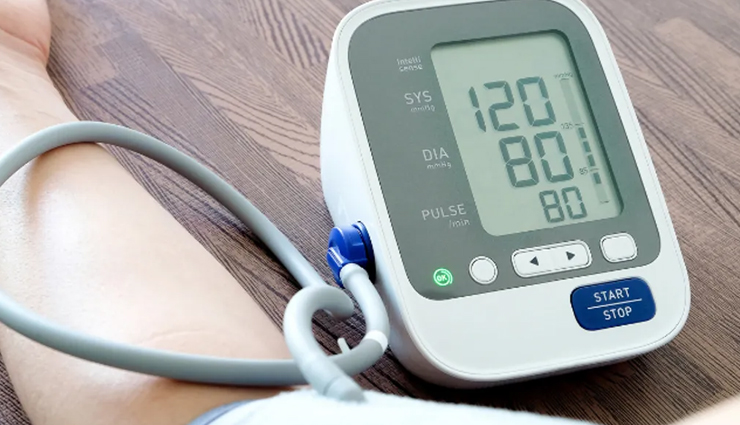
# Monitor Blood Pressure: High blood pressure can also damage the kidneys. Monitor your blood pressure regularly and take steps to keep it within a healthy range. This may include eating a low-sodium diet, exercising regularly, managing stress, and taking prescribed medications.

# Exercise Regularly: Engage in regular physical activity to maintain a healthy weight and improve overall circulation. Aim for at least 30 minutes of moderate-intensity exercise most days of the week, as recommended by your healthcare provider.

# Quit Smoking: Smoking can damage blood vessels and decrease blood flow to the kidneys, increasing the risk of kidney disease. If you smoke, seek support to quit smoking and avoid exposure to secondhand smoke.

# Limit Alcohol Consumption: Excessive alcohol consumption can impair kidney function and increase the risk of kidney disease. Limit alcohol intake to moderate levels, which is generally defined as up to one drink per day for women and up to two drinks per day for men.

# Manage Stress: Chronic stress can contribute to high blood pressure and other health problems that can affect kidney function. Practice stress-reducing activities such as meditation, deep breathing exercises, yoga, or spending time in nature.

# Get Regular Check-Ups: Visit your healthcare provider regularly for routine check-ups and screenings. Early detection and management of conditions like diabetes and high blood pressure can help prevent kidney damage.
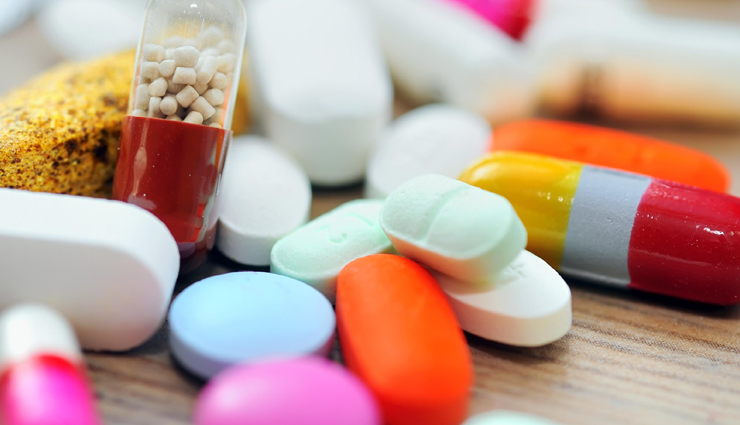
# Avoid Overuse of Painkillers: Over-the-counter pain medications, such as nonsteroidal anti-inflammatory drugs (NSAIDs), can cause kidney damage if used excessively or over a long period. Use these medications sparingly and as directed by your healthcare provider.





